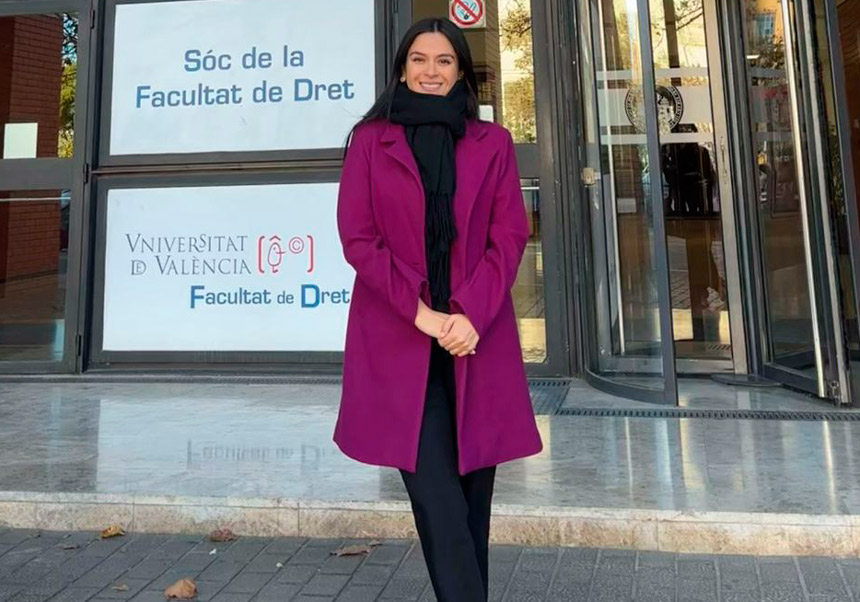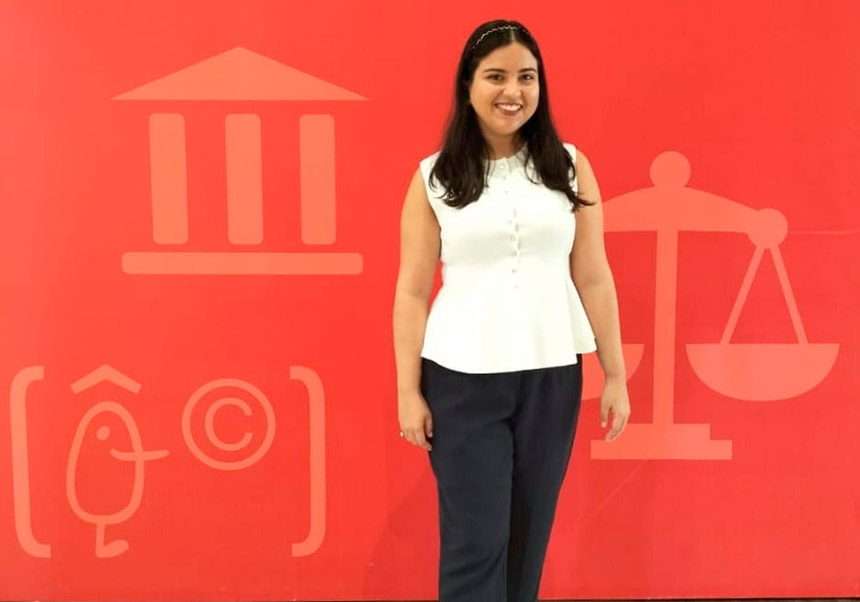
Along the 5 chapters of his Master's Degree Final Project, Pablo Cevallos (Ecuador) analyses the insurance intermediation, product distribution and services as contractual figures, as well as the activities of the non-regulated plaintiffs; highlighting the figure of the non-banking correspondents in the financial sphere due to its resemblance to the commercial channel.
25 october 2018
Title: Insurance distribution in Ecuador and the challenges facing the new operators in the market
Author: Pablo Roberto Cevallos Fonseca
The Ecuadorian legislation states that the management and procure of insurances is competence of the advisors, producers of insurances. The financial system institutions, particularly banks, are empowered to act as channels in the promotion and commercialisation of insurances. It is an attribution of regulatory status because there is not a law regulating the so-called “bankinsurance”. Certain non-traditional actors such as car dealerships, commercial establishments, mainly retail, and even technology platforms, have seen as a business opportunity to offer their current or potential clients different insurance policies, whose generalisation translates into indirect benefits for the State, and in order to ensure that the community is protected against the risks to which it is exposed.
Considering the commercial dynamics and the expansion of the market, it is insufficient for insurance intermediaries to offer their services on their own. The non-traditional channels seek a space in the market to transparent and formalise their alegal role in the insurances policies commercialisation. Currently, these channels are authorized for the distribution of insurances, not for intermediaries because that activity has a legal reservation. The technological irruption allows mass insurance to benefit the entire population. Therefore, the purpose of this work was to analyse the relevance of channels, not only banks, promoting, marketing and distributing insurances, without this meaning deregulate the market or convert channels into insurance intermediaries.
The Master’s Degree Final Project also discusses the “bankinsurance” and the role played by the external partners of the insurance intermediaries
The research conducted includes a draft regulation to enable non-traditional operators, subject to certain conditions, subordinated to intermediaries, and with clear contractual links, to distribute insurances in Ecuador. The aim is to reach the user and final consumer in a friendly and transparent way, without coercion or excessive incentives, so that the purchaser has the certainty that the commercial channel is not who assumes the risk nor who provides specialized advice in case of claims, but the channel is only a contributor, an external facilitator on behalf of the intermediary for the distribution of insurance policies.
To develop the Master's Degree Final Project, the European contribution of Directive 2016/97 of the European Parliament on Insurance Distribution was used, and particularly Law 26/2006 on Mediation of Private Insurance and Reinsurance, a law still in force in Spain to the extent that Parliament's Directive would be transposed entirely by the Spanish legal system. The Master’s Degree Final Project also discusses the “bankinsurance” and the role played by the external partners of the insurance intermediaries; the activities of certain actors like travel agencies, insurance comparators and car dealerships when their activity is framed as supplementary insurance mediators, to the extent that they offer accessory products, a new figure in light of the draft Law on the Distribution of Insurances that is being approved by the Congress of Deputies of Spain.
Research was based on the dogmatic, proactive and comparative method with reference to the Community and Spanish legislation
The research unfolds in 5 chapters analysing the insurance intermediation, product distribution and services as contractual figures, as well as the activities of the non-regulated plaintiffs; highlighting the figure of the non-banking correspondents in the financial sphere due to its resemblance to the commercial channel. It also discusses the role of higher education institutions in Ecuador in terms of their obligation to act as applicants for insurance on behalf of their students, and the legality or not of compensating the insured people or the ones outside the insurance activity. It also addresses the different contractual relationships in the marketing of insurances, based on the contract between insurers and intermediaries, the requirements that insurance advisors must meet in terms of their background and good repute; the discretion of the insurance company and the advisor to agree commissions, and the controversies that arise between insurers and intermediaries derived from the agency contract. It concludes with a proposal to reform the regulations of the Monetary and Financial Policy and Regulation Board to regulate alternative channels other than banking for the commercialization of insurance. Research was based on the dogmatic, proactive and comparative method with reference to the Community and Spanish legislation.













